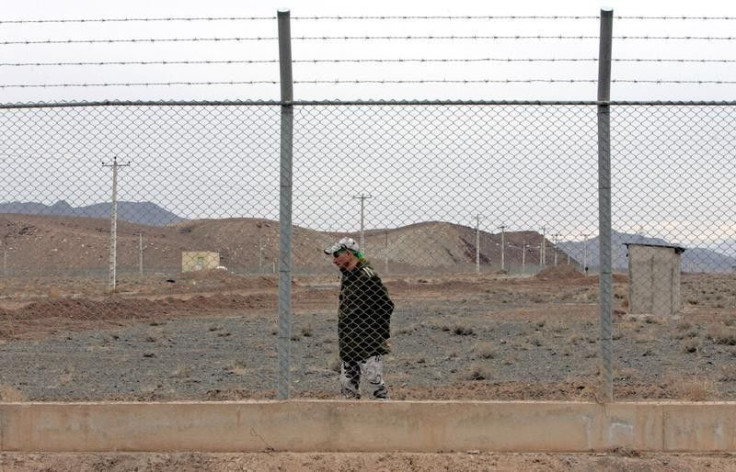Japan Will Still Retain Part of Plutonium Stockpile

While Japan entered into a momentous agreement with the U.S. on Tuesday to turn over hundreds of kilograms of highly enriched uranium (HEU) and separated plutonium to the U.S., it was later learned the Asian nation isn't giving up all its plutonium stockpile.
A joint statement issued by the leaders of Japan and the U.S. confirmed the transfer. However, no figures were mentioned as to how much HEU and separated plutonium would actually be removed and disposed from Japan.
What Japan apparently was willing to surrender was at "the minimum level ... as consistent with national requirements," the National Journal quoted Prime Minister Shinzo Abe as saying.
"We made it very clear this time that we will stick to the principle of having no plutonium that does not have a specified use," Kyodo likewise quoted Mr Abe telling reporters.
Japan, at the end of the nuclear security summit in the Netherlands, said it would transfer hundreds of material held at the Fast Critical Assembly in Tokai to the U.S. where the latter could convert into a more proliferation-resistant form.
"This pledge complements the significant role that both Japan and the United States are playing in finding new ways to continue improving global nuclear security ... Japan has demonstrated its leadership by resolving to remove all special nuclear material from the FCA."
"Our two countries encourage others to consider what they can do to further HEU and plutonium minimization."
According to the Center for Public Integrity, citing data from a 10-year-old U.S. report, the Tokai research facility holds 1,210 pounds of bomb-ready uranium and 730 pounds of separated plutonium.
"Japan still stores a large amount of other sensitive nuclear material, which is still far in excess of its own actual normal needs," China's foreign ministry had said earlier.
"We hope that Japan can further face up to the concern of the international community and keep taking earnest steps to resolve this serious imbalance of supply and need for nuclear materials as early as possible."





















